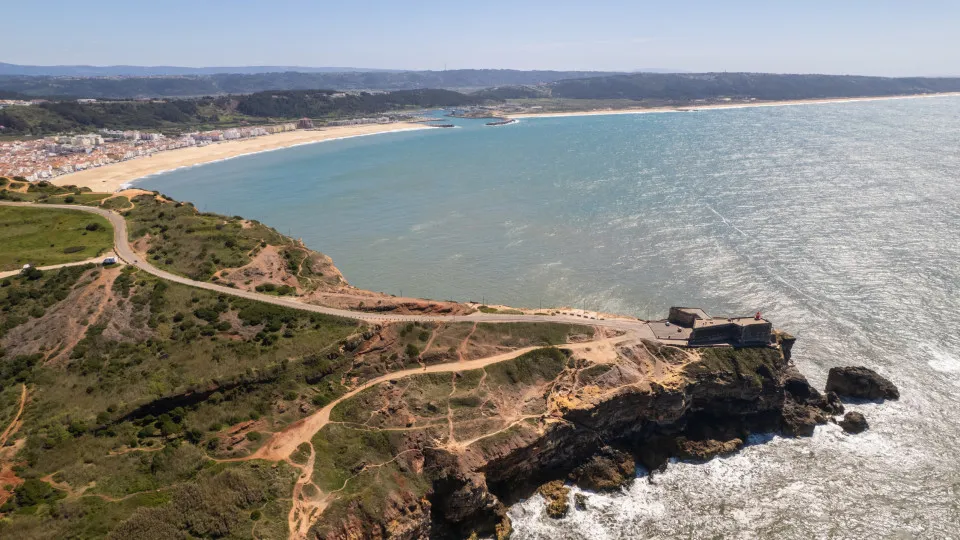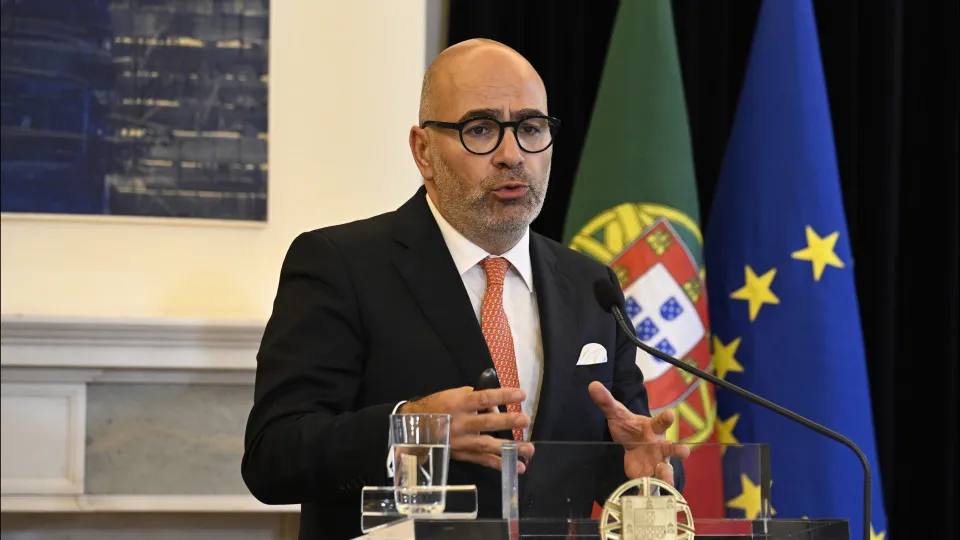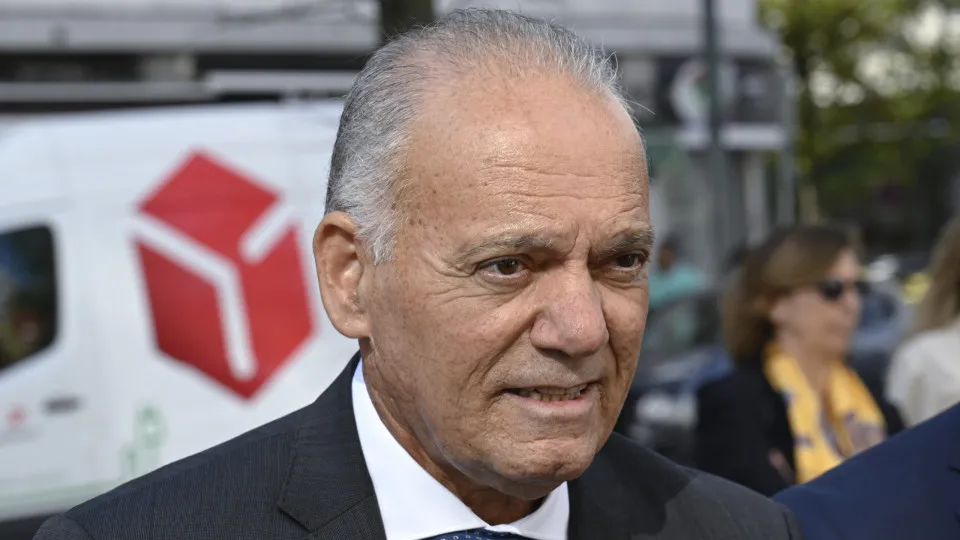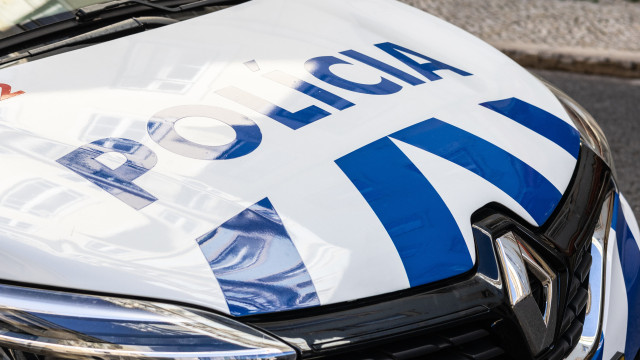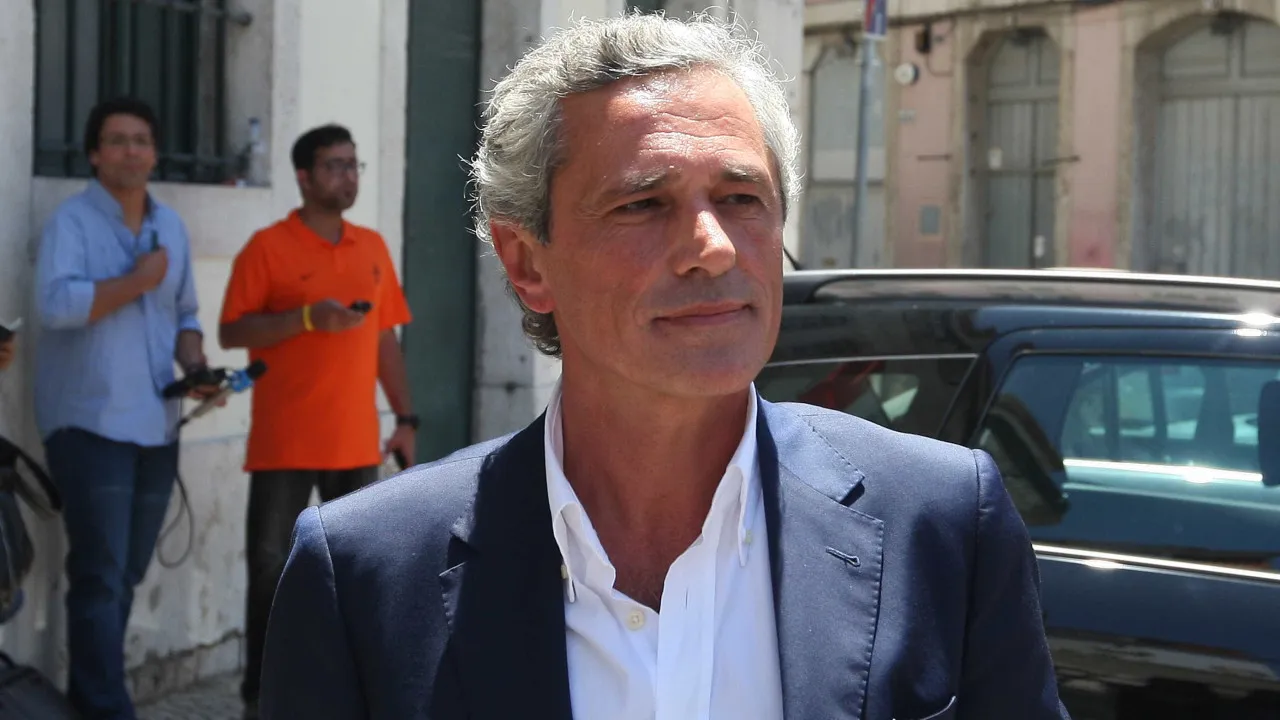
The major challenge for Madeira’s economy is not a scarcity of investors but a lack of workers, stated José Manuel Rodrigues, the Secretary of Economy, during the debate on the Regional Government’s Budget (€2.553 billion) and Investment Plan (€1.044 billion) for 2025, held at the Legislative Assembly in Funchal.
The former president of Madeira’s parliament argued that this issue needs to be addressed through “regulated and integrated immigration.”
Rodrigues also affirmed that the Madeiran government (PSD/CDS-PP) is committed to establishing the ferry line between Madeira and the mainland, which is included in the State Budget.
He noted that the Regional Department of Economy is allocated €138 million in this budget, emphasizing that “the driving force of the regional economy is no longer public works and investments but rather private initiative.”
Among the eight pillars of Madeira’s economy, he highlighted the importance of enhancing maritime mobility and investing in the Administration of the Ports of Madeira (APRAM). This includes boosting innovation and sustainability in the Madeiran business sector, valuing regional products, and encouraging the creation of qualified jobs to retain talent.
Out of the total budget for this Regional Department, €35 million is set aside for strengthening economic activity, while another €13.8 million will support companies in promoting changes in the region’s economic specialization profile.
Among other investments, €7.6 million is earmarked to support transport surcharges for companies, and €6 million is allocated to the Operational Incentive System to compensate for the disadvantages of insularity.
He stated, “These supports are funded by the Regional Budget and largely by European funds, although there are other complementary measures and credit lines, some of which were created post-pandemic.”
Rodrigues pointed out that there are currently 1,501 applications under review for various incentive systems, totaling €26.3 million, and new calls with an additional €23.8 million will be opened this year, totaling over €50 million, which represents one-third of the €156 million Madeira 2030 program.
One million euros are allocated to the Strategic Grain Reserve to “prevent any stock shortage in the event of a disruption in the international supply chain, whether due to commercial or military conflicts.”
APRAM has a budget of €42 million, “of which €13 million is for investment projects, including ongoing and enhanced works at the ports of Caniçal and Funchal.” Ten million euros are designated for works at the commercial port of Funchal, and the possibility of accommodating larger vessels to meet demand and reduce carbon emissions is being explored.
José Manuel Rodrigues remarked, “In Porto Santo, we aim to improve the marina infrastructure, with a €450,000 investment to restore the safety conditions of the harbor’s breakwater.”
During the debate, the JPP, the largest regional opposition party, questioned the secretary on negotiations with the national government to launch the ferry line, emphasizing its potential to lower the cost of living, while the PS criticized the executive for refusing to reduce VAT rates.
Rodrigues explained that the ferry line is part of the national government’s program, currently under discussion in the national Assembly, stating that it is the State’s responsibility to initiate the public tender.
Regarding VAT reduction, which both PS and JPP support, the government official claimed it will only happen when the national government introduces a per capita approach in the Regional Finance Law or alternatively creates a unique fiscal regime for the autonomous region.
CDS-PP deputy Sara Madalena inquired if any intervention is planned for the Caniçal port, in light of increased cargo traffic. Rodrigues responded that a study has been commissioned to assess if the infrastructure can accommodate ships larger than 130 meters.
Rodrigues also noted that maritime tourism, especially through cruise ships, has already contributed €61 million to the regional economy.
IL Deputy Gonçalo Maia Camelo highlighted the need to attract foreign investment and revitalize the Madeira Free Trade Zone by introducing an international aircraft registry and creating tax incentives for scientific companies. To this, Rodrigues responded that foreign investment in the region has increased by 8%.
Miguel Castro from Chega questioned the benefits the region gained from creating the Economy Department, previously part of the Department of Tourism and Culture, and now the only one headed by a CDS-PP member. Rodrigues deferred the evaluation to the end of the term but emphasized efforts to ensure Madeira “continues on the growth trajectory.”

